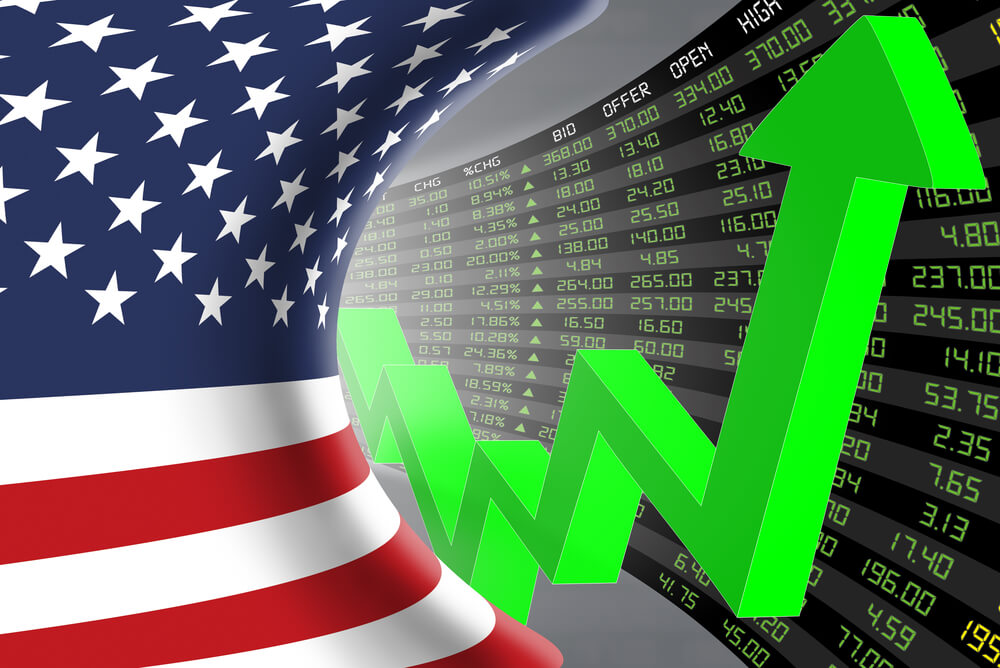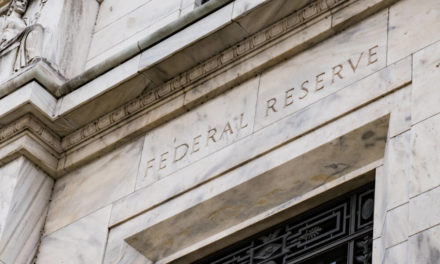Is the latest pickup in U.S. economic growth destined to slow in the years ahead as most analysts say?
“The single biggest event, be it political or otherwise, this year is an economic boom that most people thought would be impossible to generate. Not a rise. Not a blip.”
Or, as the Trump administration insists, is the economy on the cusp of an explosive boom that will reward Americans and defy those expectations?
On Thursday, President Donald Trump’s chief economic adviser made his case for the boom. Calling mainstream predictions “pure nonsense,” Larry Kudlow declared that the expansion — already the second-longest on record — is merely in its “early innings.”
“The single biggest event, be it political or otherwise, this year is an economic boom that most people thought would be impossible to generate,” Kudlow said at a Cabinet meeting, speaking at the president’s request and looking directly at him. “Not a rise. Not a blip.”
“People may disagree with me,” Kudlow continued, “but I’m saying this, we are just in the early stages.”
The U.S. economy grew for seven straight years under President Barack Obama before Trump took office early last year. Since then, it’s stayed steady, and the job market has remained strong. The stock market is also nearing an all-time high, a sign of confidence about corporate profits.
Economic growth has picked up this year, having reached a four-year high of 4.1 percent at an annual rate last quarter. Job gains are also running at a slightly faster pace than in 2017. Most analysts see the economy growing a solid 3 percent this year — a potential political asset for Trump and the Republican Party, especially with the approach of November’s congressional elections.
Yet it’s hard to find any outside mainstream economists who would agree with Kudlow’s assertion that the Trump administration can accelerate or even sustain that growth rate. Analysts generally expect that the benefits from Trump’s tax cuts and an additional $300 billion in government spending that he signed into law in February will gradually slow along with economic growth.
Most also say the Fed’s continuing interest rate hikes, combined with the trade conflicts Trump has sparked with most of America’s trading partners, could also limit growth.
“Economists are incredibly hopeful that the White House is right,” said Carl Tannenbaum, chief economist of Northern Trust.
The Associated Press contributed to this report.



